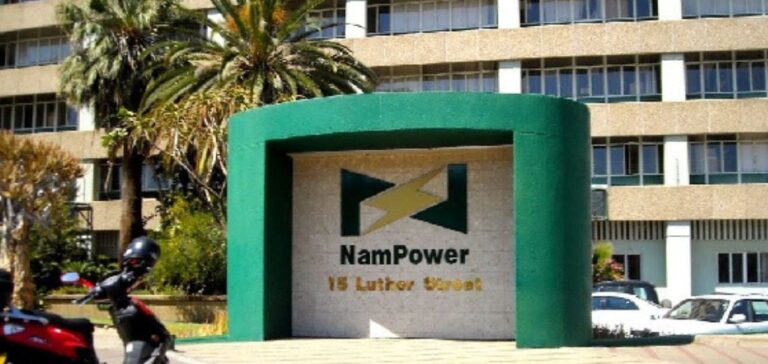The Namibia Power Corporation (NamPower), a state-owned electricity company, is receiving $138.5 million in funding from the World Bank. The aim is to prepare the power grid for the massive integration of renewable energies. The funding comes from the International Bank for Reconstruction and Development (IBRD) Fund for Innovative Solutions in Global Public Goods and the Green Climate Fund (GCF). The main aim of this project is to extend Namibia’s electricity transmission and storage network. The country is also focusing on parallel projects in the solar and oil sectors.
Electricity transmission and storage project
NamPower plans to build a 458 km 400 kV transmission line. The aim is to connect the Kokerboom substation (near Keetmanshoop) to the Auas substation near the capital Windhoek. This high-voltage line will run parallel to an existing line to the south. It will require an investment of $115 million. The new line will also improve the stability of NamPower’s power grid. In addition to its integration of renewable energies.
Innovation in electricity storage
At the same time, NamPower, under the leadership of Kahenge Simson Haulofu, will design, supply, install and commission a 100 MWh/25 MW battery storage system. This storage infrastructure will help manage the variability of renewable energies and control the fluctuating imports of Eskom, the South African electricity company. NamPower also plans to develop and integrate a second large-scale electricity storage system into its transmission network. The aim is to support the development and adoption of renewable energy plants.
Impact and outlook
According to Kahenge Simson Haulofu, these investments will position Namibia on the path to sustainable development. In particular, by exploiting its renewable energy resources. Namibia has immense solar potential, according to the World Economic Forum. This is due to the 10 hours of sunshine a day for 300 days a year. At present, the country’s renewable capacity is estimated at 690 MW, or around 30% of total production.
The World Bank’s investment in Namibia’s power grid is a decisive step towards the optimal use of renewable energies. This project not only improves existing infrastructure but also supports the country’s commitment to green, sustainable growth.






















